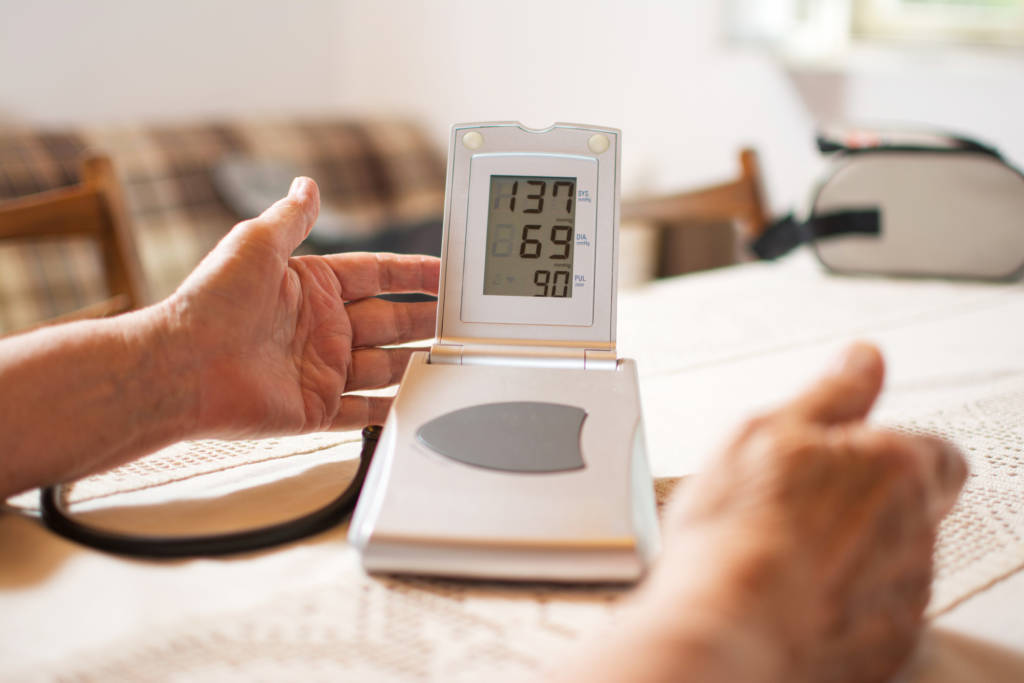 Type 2 diabetes strikes people of all ages, and early symptoms are subtle. In fact, about one out of three people with type 2 diabetes don’t know they have it.
Type 2 diabetes strikes people of all ages, and early symptoms are subtle. In fact, about one out of three people with type 2 diabetes don’t know they have it.
This chronic condition thwarts the body’s ability to use the carbohydrates in food for energy. The result is elevated blood sugar. Over time, this excess sugar raises the risk for heart disease, loss of vision, nerve and organ damage, and other serious conditions.
Signs of diabetes
When undiagnosed or uncontrolled, the effects of diabetes on the body can be noticed by the classic symptoms of diabetes, namely:
- Increased thirst
- Frequent need to urinate
- Fatigue
- Blurred vision and
- Tingling or pain in the hands, feet and/or legs.
Long term effects of diabetes on the body
In addition to the symptoms, diabetes can cause long term damage to our body.
The long term damage is commonly referred to as diabetic complications.
Diabetes affects our blood vessels and nerves and therefore can affect any part of the body.
However, certain parts of our body are affected more than other parts.
Diabetic complications will usually take a number of years of poorly controlled diabetes to develop.
Complications are not a certainty and can be kept at bay and prevented by maintaining a strong level of control on your diabetes, your blood pressure, and cholesterol.
These can all be helped by keeping to a healthy diet, avoiding cigarettes and alcohol, and incorporating regular activity into your daily regimen in order to keep blood sugar levels within recommended blood glucose level guidelines.
The effect of diabetes on the heart
Diabetes and coronary heart disease are closely related.
Diabetes contributes to high blood pressure and is linked to high cholesterol which significantly increases the risk of heart attacks and cardiovascular disease.
Diabetes and strokes
Similar to how diabetes affects the heart, high blood pressure and cholesterol raise the risk of strokes.
How diabetes affects the eyes
A relatively common complication of diabetes is diabetic retinopathy. As with all complications, this condition is brought on by a number of years of poorly controlled or uncontrolled diabetes. Diabetic retinopathy has a number of symptoms.
Retinopathy is caused by blood vessels in the back of the eye (the retina) swelling and leaking. High blood pressure is also a contributing factor for diabetic retinopathy.
For the complete article, click here.






